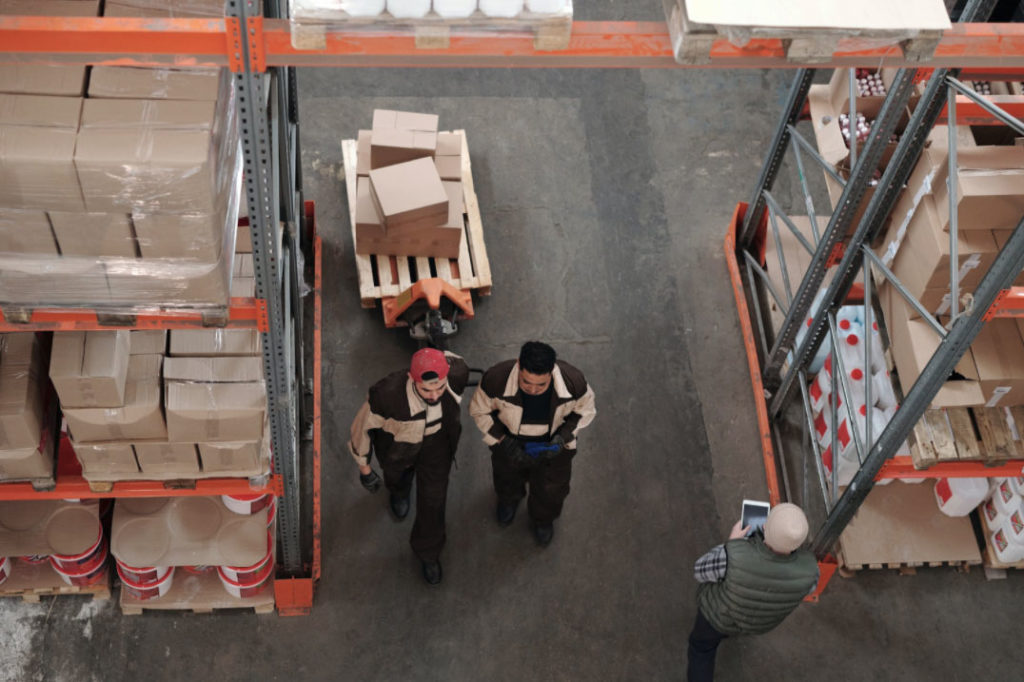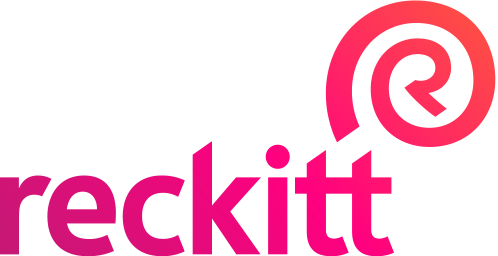Assessing the environmental performance of ENGIE’s BeeWe platform

Quantis partnered with ENGIE Digital to assess the climate impact of its digital BeeWe platform and the avoided emissions it enables. BeeWe is a collaborative platform created by ENGIE Digital to pool and optimize inventories of spare parts within ENGIE entities and offers a space for experts to exchange knowledge.

Challenge
Digital transformation has the potential to play a critical role in decarbonizing the global economy; yet there are significant challenges that will need to be addressed if this potential is to be realized. The share of global greenhouse gas (GHG) emissions linked to digital have increased by 50% since 2013, and according to the latest estimates, the ICT sector currently accounts for 4% of global GHG emissions. This is strongly linked to the explosion of video (Skype, streaming, etc.) and ever-increasing consumption of digital equipment. Businesses will be instrumental in ensuring that digital transformation works for, rather than against, sustainability.
As part of its ambition to become a world leader in the zero-carbon transition, ENGIE Digital, the digital branch of major French energy utility ENGIE, has committed to create impactful software to support the company’s environmental transition. BeeWe is one such example. The platform was first developed to help ENGIE reduce costs by optimizing its inventories of spare parts. The utility believed there was potential for the platform to serve both its business and environmental goals.
ENGIE partnered with Quantis and Capgemini Invent to assess BeeWe’s environmental performance and increase the platform’s environmental benefits.
Insights
As the environmental impact of digital solutions is often perceived as negligible, the carbon footprint of these solutions are rarely assessed. However, the physical equipment (data centres and user equipment), infrastructure and energy used to power them have tangible environmental impacts linked to the resources used for their production and high energy demand. It is critical for digital solutions designers and providers to better understand the sources of their solutions’ environmental impacts across the value chain in order to design out impacts.
Actions
Quantis conducted a life cycle assessment to evaluate the impact of the digital platform and identify potential levers for improvement. In parallel, Quantis performed a scenario analysis to understand the impacts of using the BeeWe platform to reuse existing parts in another operational site vs. manufacturing and shipping of a new part, and allow for a realistic assessment of avoided impacts.
Impact
The study provided ENGIE with a comprehensive overview of the environmental impacts associated with running a digital platform, as well as the large scope of considerations that must be taken into account to effectively and accurately assess avoided emissions. Additionally, it shed light on the main levers of action ENGIE can take to maximize the environmental benefits of its BeeWe solution.
The findings revealed that the BeeWe platform has an overall positive impact on climate change by avoiding carbon emissions through the reuse of existing stock parts within ENGIE entities (and thus reducing the need to manufacture new parts) and the reduction of transportation from manufacturing sites.
Next steps
As a next step, ENGIE will use the findings of the study to maximize the benefits of the BeeWe platform by adopting features that identify available parts that are located close by and provide information about the emissions of different transport solutions.
Areas of expertise
Sector
Project Manager

Marion Leblon
Senior Sustainability Consultant
“With the ICT Sector accounting for 7% of the world's energy consumption, ENGIE Digital partnered with Quantis and Capgemini Invent to assess the avoided emissions of our BeeWe platform. By doing this assessment, we can now maximize the benefits of the BeeWe platform by pooling and optimizing ENGIE Group's inventories of industrial spare parts and this is a first in the energy sector!”
Sophie Guignard, Head of Digital Platform BeeWe
ENGIE digital
Latest case studies

Case Study
Societe Generale
Societe Generale partnered with Quantis to assess and manage nature impacts, enhance portfolio strategy, and drive sustainable client engagement.

Case Study
Reckitt
Reckitt, with Quantis and CO2 AI, used AI and data to pinpoint and reduce Scope 3 emissions, improving footprint accuracy.

Case Study
Coop Group
Coop Group, with Quantis, created science-based targets and roadmaps, aligning climate strategy across seven business units.
